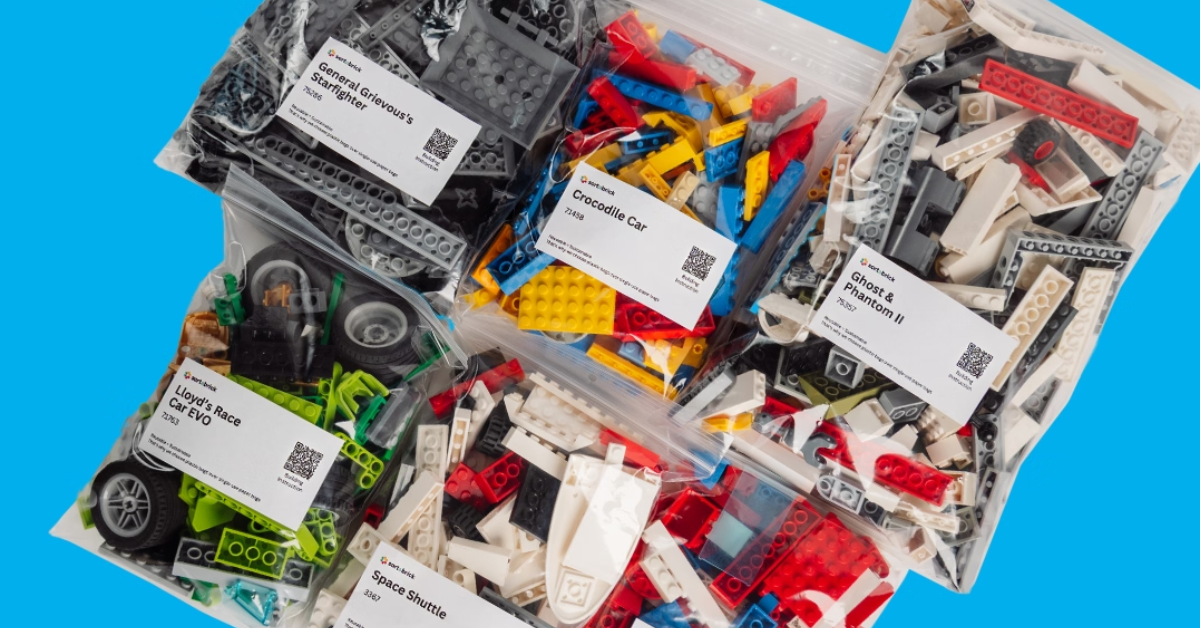The covid pandemic has caused a ripple effect of societal mutations stretching far beyond the virus itself. One immediate and noticeable consequence: The way people socialize and build connections has changed.

Forty percent of US adults report losing touch with nine or more friends during the pandemic, and 61 percent of young adults report serious loneliness.
The tech industry offers an antidote: friendship apps.
Dating websites and apps have become a global, multibillion-dollar business, and their next frontier might be platonic relationships. Existing dating giants and new upstarts alike are starting to capitalize on the need.
Bumble introduced Bumble BFF in 2016, and saw a 16 percent increase in time spent on the app after adding the new feature. Match, which owns Tinder and Hinge, absorbed friend-finding apps Hakuna Live and Azar after it bought Korean company Hyperconnect in 2021 for $1.73B.
And smaller players are popping up to offer additional, sometimes niche, friendship-matching services, as covid has only complicated a preexisting friendship deficit. The average American hasn't made a new friend in five years and 22 percent of millennials report having no friends at all.
"There aren't great places to meet new people as an adult in society these days," says Luna Ray, founder of Bloom Community. Dating apps are really image-focused, and spaces that used to serve important functions in society, like religious institutions, aren't resonating as much.
Bloom Community is an events-based app founded in 2021 that collaborates with professional event organizers to curate in-person experiences. It focuses on serving marginalized communities like LGBTQ+ people and users can browse events based on their location, interests, and identity preferences.
Ray wanted to focus on in-person group events as they are often less intimidating for users than one-on-one meetups, and carry fewer risks. Users can also chat with each other before attending. The app is currently free to download, and event organizers set their own prices for tickets.
Bloom facilitates both one-time and recurring events, though Ray says events that occur monthly are the most successful for building relationships.
"People need repeated encounters in order to build trust and go from a casual connection to friends," she says.
Social isolation has been linked to increased physical health risks and mortality. Dr. Adrienne Heinz, a psychologist and researcher, agrees that physical gatherings are important for socialization.
"Our interactions and communications have become increasingly transactional and even performative when it comes to social media," she says. "Real friendships require work and they benefit from physical proximity."
Since meeting multiple people at once can feel intimidating to some, many friendship apps adhere to more familiar online matchmaking methods.
One such app, Friender, was founded by college classmates Zach Babiarz and Kevin Crommelin in 2016, but shuttered due to slow usage and waning funds. In 2020, during the onset of the pandemic, the founders noticed a massive spike in site traffic, and decided to begin work on reviving the app.
Friender had a soft relaunch near the end of 2022 and has amassed 8k users (without any formal marketing or promotion). In the app, users can find others near them geographically who share common interests (such as shopping or hiking, for example).
The app operates under a freemium model where users can upgrade to premium (starting at $5.99 a month) to access features like unlimited swipes or more matches.
While the pandemic breathed life back into Friender, Babiarz says he expects this is just the beginning.
"People are getting more comfortable with technology; it's not a weird stigma connecting with people online anymore," he says.
Investors agree that using technology to form relationships is the new normal: Hey! Vina ($1.4m), Peanut ($17m), and Yubo ($65.7m) have collectively raised $84m+ in funding.
Hey! Vina and Peanut are both built for women, with Peanut focusing on expecting or new mothers. Yubo targets Gen Zers with text chat and communication features familiar to that generation, such as gaming and livestreaming.
The list goes on: LMK plays to a tech-savvy audience with voice notes and group chats. There's Atleto for athletes to find training buddies, Meetup for discovering events in your area, and Skout to find friends nearby, wherever you travel.
As friendship apps become more relied upon for socializing, niche apps targeting specific demographics and interests will likely continue to spring up. And that's a good thing:
"Our relationships are medicine when life gets hard," says Heinz. "It's people and our community who help us heal and make life worth living."
.jpg?width=48&height=48&name=IMG_2563%20(1).jpg)









